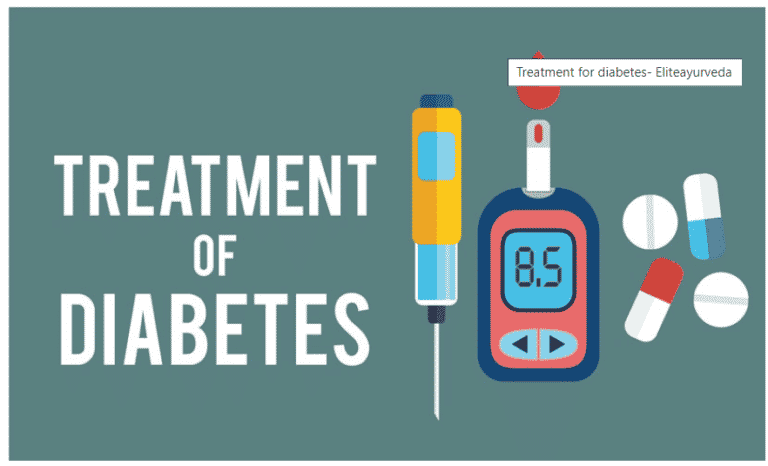Revealing the Safety Profile of Ozempic For Diabetics and Non-Diabetics
As the number of diabetes cases rise across the globe; the quest for safe and effective treatment choices becomes increasingly important. Among the marketplace’s novel drugs, Ozempic (semaglutide) got attentiveness for helping manage sugar levels in people with type 2 diabetes. However, there’s been concerns about the safety of Ozempic for diabetics that is circulating around. In this piece, we go deep into the scientific evidence and medical insight to differentiate between real and fake. Besides, we’ll ask the question “is ozempic safe for non diabetics?
Understanding Ozempic and the Safety for Diabetics
Ozempic falls into the category of drugs named “glucagon-like peptide-1 (GLP-1) receptor agonists”. The drugs in this group mimic and act like the GLP-1 hormone, which naturally exists in the human body, and it stimulates the release of insulin, controlling glucagon secretion and slows down the process of gastric emptying. In doing so help manage, sugar levels in the blood of those with, type 2 diabetes.
Efficacy of Ozempic
Clinical trials in, big numbers provide valid proof for Ozempic in the control of glucose levels in blood. The drug presented a noteworthy decrease by a noticeable margin in HbA1c levels, glucose level in plasma and body weight. Moreover, it showed a decreased risk of cardiovascular happenings in specific patient populations. These positive findings solidified Ozempic’s position in Diabetes management.
Safety Issues
Like every drug in the market, Ozempic isn’t free from likely side effects. Some frequently reported side effects: include nausea, vomiting, diarrhoea, and pain in the abdomen. Nevertheless, this uncomfortable happenings will diminish as time goes by allowing the body adjusts to the drug,
The worrying matter that came up for some individuals can be the potential connection of Ozempic to thyroid cancer. While rodent preclinical studies have positively pointed to a rise in thyroid tumors, its relevence to human are not certain. Various clinical trials concerning numerous patients and real-world studies couldn’t conclude any solid evidence relating Ozempic to increased threat of thyroid cancer,
Furthermore, data review of safety profile by regulatory agencies like the U.S. Food and Drug Administration (FDA) did not draw any definitive linking of Ozempic and thyroid tumours. It’s necessary to keep note of, the low risk of thyroid cancer and the benefits of Ozempic in glycemic control should be weighed against these potential risks,
Cardiovascular safety of, Ozempic has been intensely debated and analyzed. Fortunately, cardiovascular outcomes trials with broad scope; the SUSTAIN and PIONEER trials, were proving consistent cardiovascular safety of using Ozempic. These studies marked no increased in major cardiovascular events, consisting heart attack or stroke, with the usage of the drug Ozempic,
Ozempic’s connection to pancreatitis you ask?
Concerns have been rightly raised regarding Ozempic and a potential linkage it might have to pancreatitis, a disease of inflammation of the pancreas. Studies data imply a rather low risk in encountering pancreatitis when using GLP-1 receptor agonists, which include Ozempic. Nevertheless, But it is important for people with a history of pancreatitis or pancreatic disease to talk this concern with their healthcare provider for more clarity.
Is Ozempic Safe for Non Diabetics?
Ozempic primarily prescribed for type 2 diabetes patients; however, it has gained a bit of notice among non-diabetics who want to manage weight, While some non-diabetes experimented with off-label use of Ozempic for weight losing purposes it’s important for them to acknowledge potential risks and get adviced from healthcare professionals !
Safety of Ozempic in the case of non-diabetic patients is still in talks in medical communities. Research is limited, about how safe and effective it’s for those without diabetes and yet to approved by FDA for usage for weight loss in non-diabetic individuals,
The primary function of the Ozempic drug is it imitates the effect of the glucagon-like peptide-1 (GLP-1), which helps in controlling blood sugar levels and influencing the sensation of being full. However, the effects on non-diabetics including its potential side effects aren’t clear yet.
Before considering Ozempic for losing weight agenda, one should consult with healthcare professionals to talk potential risks, the potential benefits and alternative approaches. Ask your doctor “is ozempic safe for non diabetics?” Off-label medications requires caution, individual health factors and guidelines from professionals!
In conclusion
In the ever-changing landscape of diabetes management, Ozempic undoubtedly stands out in management for individuals with type 2 diabetes. Some possess concerns regarding the safety of the drug due to its side effects but available scientific evidence and regulatory review shows a solid safety picture for Ozempic. The choice of any drug depends on healthcare professionals to check, each patient’s individual risk factors. Furthermore, it should be customized according to the patients treatment plans.
Patients with diabetes should engage in open and transparent discussions with their healthcare professionals to address any issues and make a proper informed decision about their treatment. Evidence indicates that, when used appropriately with medical supervision, Ozempic safety for diabetics, wins the battle against type 2 diabetes. By helping patients control their sugar levels in the blood, and improving their overall health, We go up but we never get down.
Image Credit






